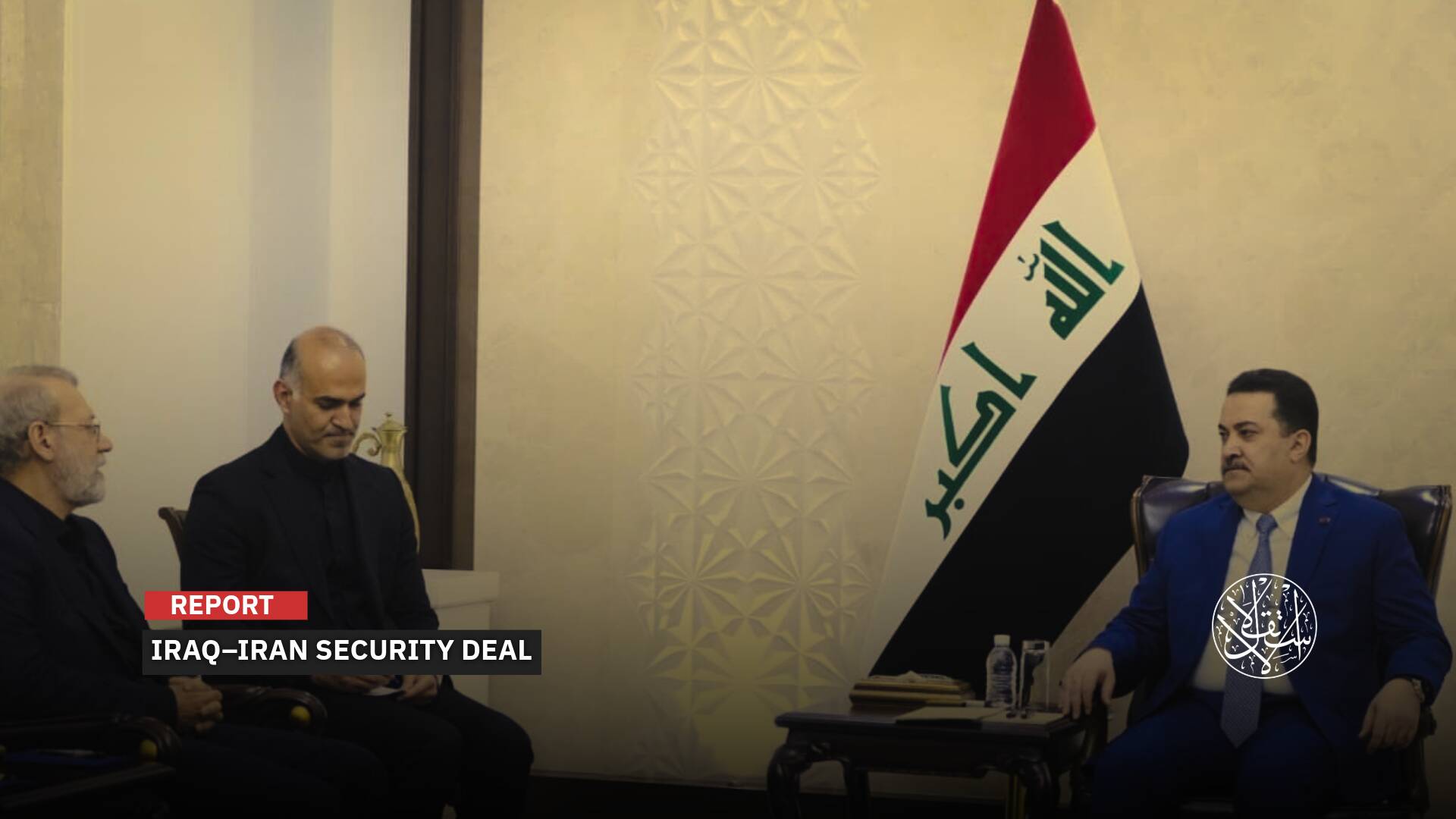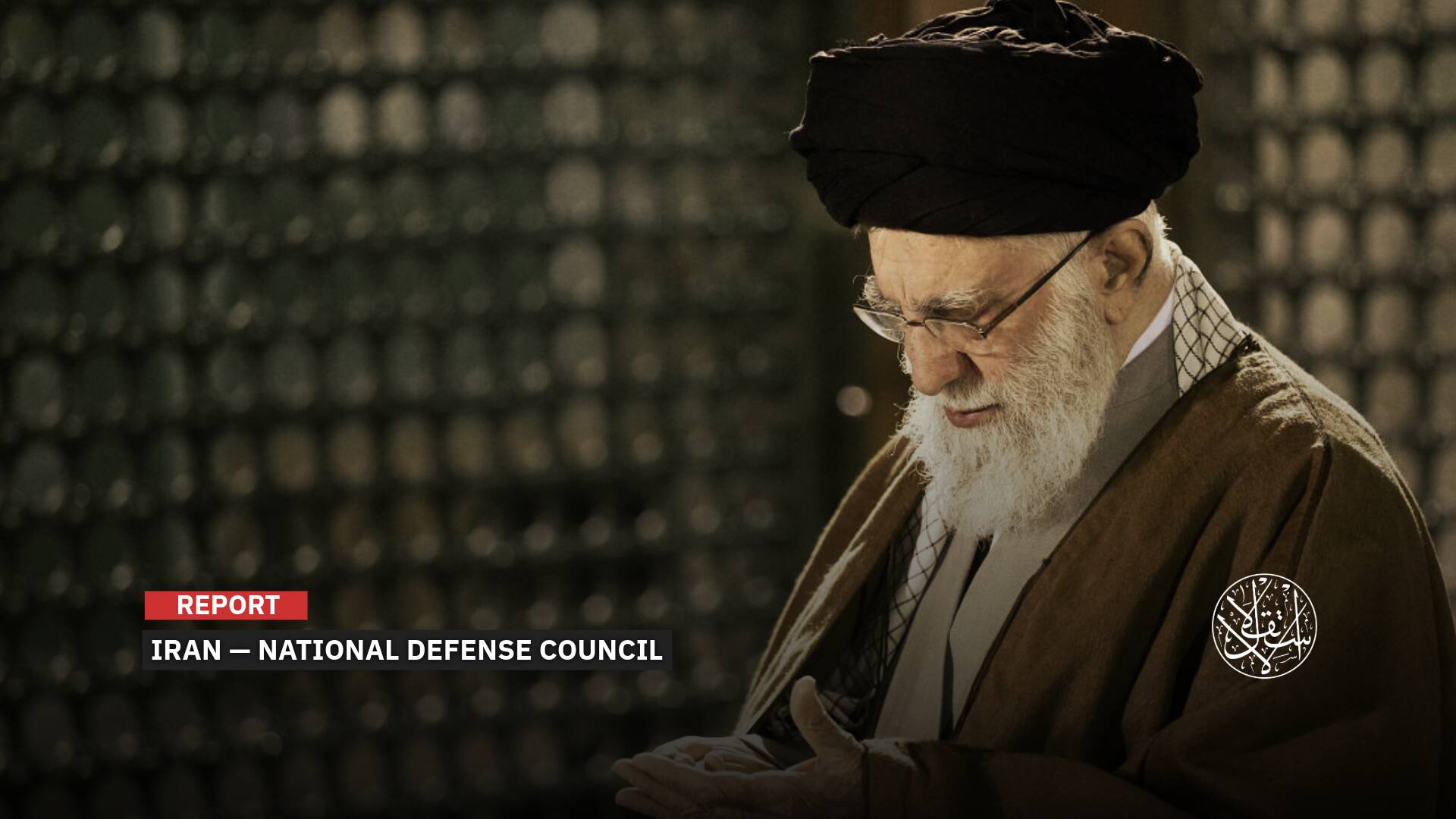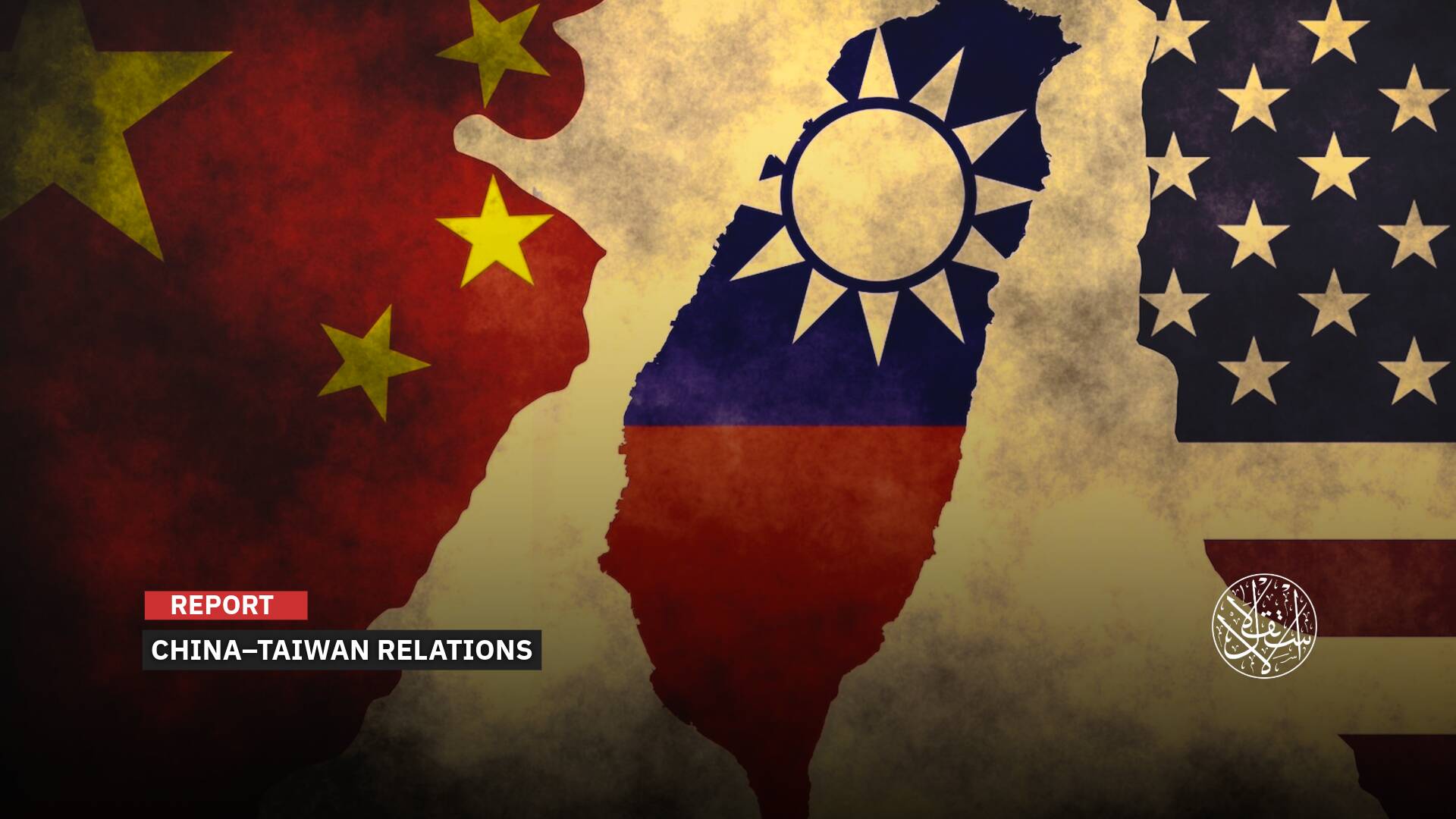Alarming Resurgence: What’s Behind al-Qaeda’s Renewed Attacks in Yemen?

The upcoming phase will see the group return to its former state.
The suicide attack on the separatist UAE-backed Southern Transitional Council (STC) has brought al-Qaeda in Yemen back into the spotlight after a lull of nearly a year since the group’s last operations targeting military barracks in government-controlled areas.
On August 16, 2024, about 16 STC members were killed and 20 others injured in a suicide car bombing that targeted a military barracks in Abyan province, southern Yemen. Al-Qaeda claimed responsibility for the attack, according to a military spokesman who spoke to Agence France-Presse (AFP).

Houthi Fingerprints
Following al-Qaeda’s most severe attack in Yemen in nearly a year, Yemeni Interior Minister Ibrahim Haidan stated that the "terrorist operation that resulted in the martyrdom of 16 personnel and the injury of others from the 3rd Brigade in Abyan will only strengthen our resolve to eradicate terrorism and its organizations, whether they be Houthi, al-Qaeda, or ISIS."
According to Yemen News Agency Saba, the minister claimed that "the operation bears the fingerprints of the Houthi militia, in collaboration with al-Qaeda, but it will only make our armed forces and all security units more determined to root out terrorism."
Haidan emphasized "the importance of Yemeni societal cohesion against terrorism, which is fueled by Iran, the region's evil sponsor," calling on "the regional and international community to condemn all forms of terrorism targeting Yemen and to stand with the legitimate government."
Al-Qaeda in the Arabian Peninsula claimed responsibility for the attack, with the SITE Intelligence Group, which monitors extremist groups, reporting on August 16 that the organization stated, "A bomber detonated a car bomb at the military site."
Earlier, in May 2024, Prime Minister and Foreign Minister Ahmed Awad bin Mubarak highlighted “multiple Yemeni government reports detailing the cooperation and coordination between the Houthis and terrorist organizations like al-Qaeda and ISIS in carrying out assassinations, kidnappings, and other terrorist activities.”
Bin Mubarak questioned, “Why do all terrorist acts occur only in liberated areas and not in those under the Houthi coup, which is supported by the Iranian regime?”
The Yemeni government has repeatedly accused the Houthi militia of coordinating with al-Qaeda to launch attacks against it. Aden and other government-controlled provinces have witnessed security incidents, including the assassination of military, political, and media figures by unknown assailants.
According to Yemeni journalist Tawfiq Alshanwah in an August 17 article in Independent Arabia, "The Yemeni government confirms that the Houthis use al-Qaeda against opponents of their project, providing them with safe havens in al-Bayda, Shabwah, and Abyan, and releasing al-Qaeda members from Sanaa’s prisons, where they were held before the Houthis’ takeover, to carry out operations targeting the legitimate government."

Potential Resurgence
Regarding the timing of al-Qaeda's escalation of attacks in areas under Yemeni government control, an expert on Islamist groups, Hassan Abu Haniyeh, noted that "until 2009-2012, al-Qaeda in Yemen was considered one of the strongest branches by the U.S." He predicted that "the coming phase may witness the organization's return to its former strength."
Speaking to Al-Estiklal, Abu Haniyeh explained that "following the Arab Spring and the establishment of al-Qaeda’s Ansar al-Sharia, they controlled vast areas in Yemen. However, with the collapse of the country and the Houthi takeover, the situation became complicated for the organization, especially with the emergence of ISIS."
He pointed out that "during that period, the situation in Yemen was complex, with the U.S. and Yemeni forces prioritizing the fight against al-Qaeda, as it was the most active branch of the organization according to the U.S. This focus weakened the group over the years."
Abu Haniyeh emphasized that "the recent developments and the al-Qaeda attack targeting Southern Transitional Council forces in Yemen suggest a possible recovery of the organization and its entry into a new phase."
He also noted that "the Houthis are currently focused on legitimizing their authority through external confrontations, claiming support for Gaza."
Regarding the relationship between the Houthis and al-Qaeda, Abu Haniyeh stated, "We have observed a connection between the two, evident in the organization’s statement condemning the American-British coalition attacks on Yemen that target the Houthi group."
At the same time, the researcher added, "There is talk about a relationship between al-Qaeda and Iran, as Saif al-Adel is reportedly in Iran after assuming leadership of the organization following Ayman al-Zawahiri, whose death remains uncertain, according to U.S. assessments."
According to the expert, "despite the ideological and sectarian differences, al-Qaeda’s primary objective is confronting the U.S., a goal shared with the Houthis and Iran, who are also in a near-direct confrontation with the Americans. This has created a form of coordination between them."
"There has been a long-standing debate within al-Qaeda regarding a split between factions, some supporting this alliance with Iran. This debate dates back to the era of their former leader, Osama bin Laden. However, with a common enemy, operational coordination has become more apparent."
Abu Haniyeh observed that "the recent operation in Abyan, a historic stronghold for al-Qaeda in the Arabian Peninsula, came after a decline in the group’s attacks in recent times, following operations by U.S. and Yemeni forces, as well as the rise of ISIS."
However, he clarified, "Al-Qaeda remains present in southern Yemen, particularly in Abyan, but it is much weaker than it was during earlier phases after the Yemeni revolution and the Houthi takeover in 2014."
"Although al-Qaeda in Yemen has weakened, it could easily regain strength due to the country’s political instability, the decline in the war on terror, and the ongoing Palestine issue. The group’s central slogan remains ‘We fight with our eyes on Jerusalem.’"
"This situation may facilitate cooperation between the organization and the Houthis, leading to al-Qaeda’s resurgence in the south, especially in Abyan, where it still holds some power and maintains sleeper cells. We may witness a return to al-Qaeda’s former strength in the coming phase," he concluded.

Growth and Decline
Al-Qaeda exploits the chaos in Yemen to expand its presence, especially after the Southern Transitional Council regained full control of the strategic Amran camp on September 18, 2022, which was one of the group’s largest strongholds in eastern Mudiyah, Abyan.
On March 11, 2023, al-Qaeda in the Arabian Peninsula (AQAP) announced the death of its leader, Khalid Batarfi, according to a statement reported by the SITE Intelligence Group. The group did not disclose the cause of his death but appointed Sa'ad bin Atef al-Awlaki as the new leader.
Batarfi took command of AQAP in early 2020 following the death of his predecessor, Qasim al-Raymi, in what former U.S. President Donald Trump described as a counterterrorism operation in Yemen.
SITE Intelligence also reported that Ibrahim al-Qosi, AQAP’s senior ideologue, confirmed Batarfi’s death in a video statement, announcing that “Sa’ad bin Atef al-Awlaki is the new leader of AQAP,” a group designated as a terrorist organization by the United States.
Batarfi, a Saudi national born in Riyadh in the early 1980s, became the leader of AQAP in February 2020 after al-Raymi was killed in a U.S. drone strike. Al-Raymi’s predecessor, Nasir al-Wuhayshi, was also killed by a U.S. drone strike in Yemen in June 2015.
Before becoming AQAP’s leader, Batarfi served as a Sharia judge and official spokesperson for the group. The United States designated him a "global terrorist" in 2018 and offered a $5 million reward for information leading to his capture.

Al-Awlaki, also known as Sa’ad Muhammad Atef, is a Yemeni member of AQAP’s Shura Council and is listed on the U.S. Rewards for Justice Program. The United States has offered a reward of up to $6 million for information leading to his capture.
The U.S. State Department reports that al-Awlaki has publicly called for attacks against the United States and its allies.
Founded in 2009, AQAP and its offshoot, the Islamic State (IS), expanded their influence amid the chaos of Yemen’s conflict. The war between Yemen’s government and the Iran-backed Houthi militia, which took control of the capital Sana’a and ousted the legitimate government, created a volatile environment that fueled their growth.
However, strikes by the Saudi-led coalition in Yemen, especially between March 2015 and April 2022, as well as U.S. operations, have weakened both AQAP and IS in the country.
Sources
- 16 separatist fighters killed in al-Qaeda attack in southern Yemen (military spokesman) [Arabic]
- Chairman of the Leadership Council directs the formation of a presidential committee to meet the demands of the people of Hadhramaut [Arabic]
- Al-Qaeda in the Arabian Peninsula announces the death of its leader and appoints a successor [Arabic]









